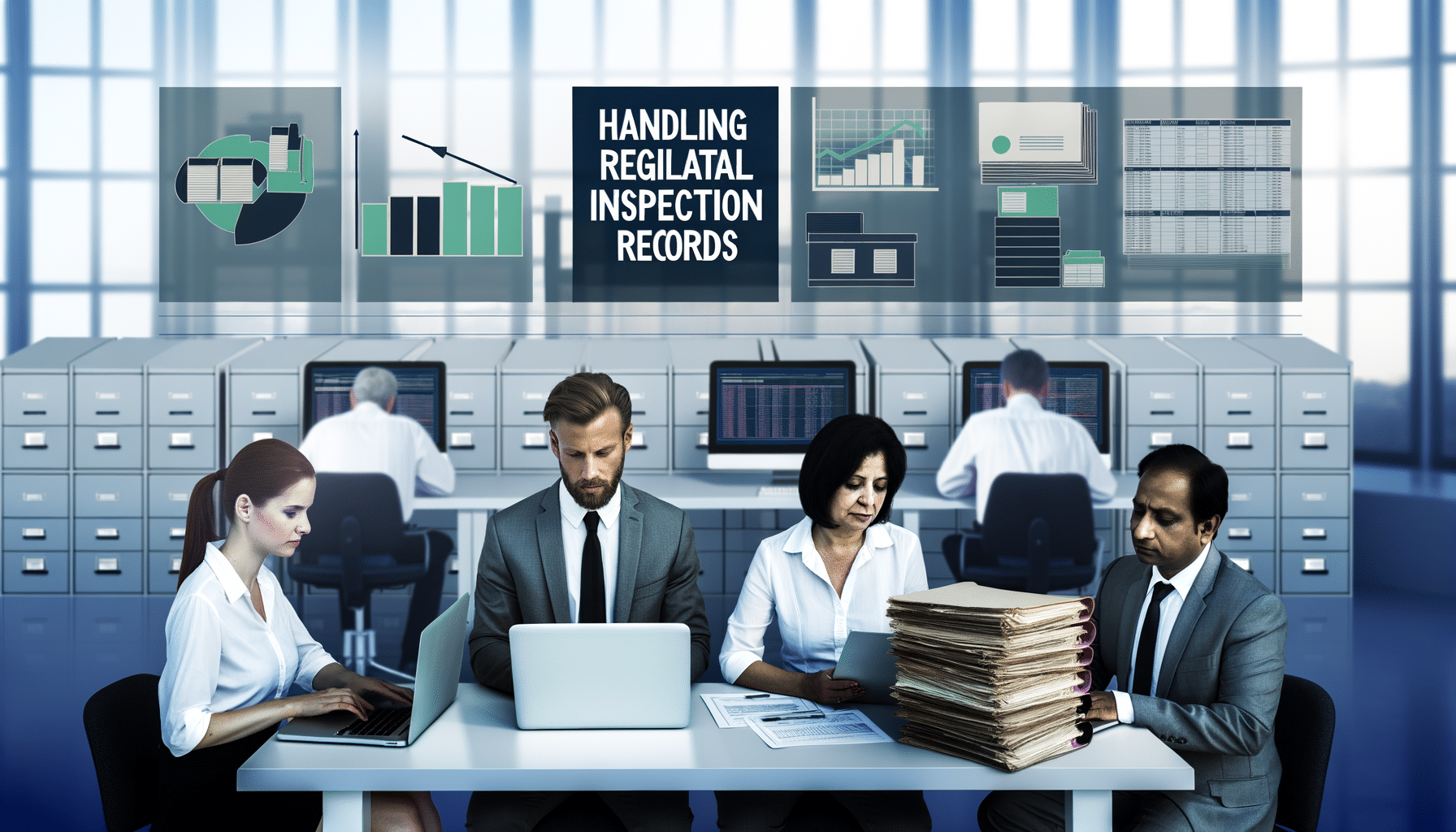- Blockchain Compliance
- March 17, 2023
Blockchain and Anti-Money Laundering (AML) Compliance in Financial Recordkeeping

Introduction
In today’s fast-paced financial world, the intersection of technology and regulatory compliance is more critical than ever. Financial institutions constantly navigate complex waters to ensure anti-money laundering (AML) compliance, often juggling various methodologies to verify their processes. Enter blockchain technology—a revolutionary force not just for cryptocurrency but also a potential game-changer for financial recordkeeping. When combined, *blockchain* and *AML compliance* create a powerful tool for ensuring financial safety and transparency.
How Blockchain Enhances AML Compliance
Blockchain has been making headlines for its role in cryptocurrencies, but its underlying technology is equally potent in areas such as recordkeeping and compliance. One of blockchain’s standout features is its ability to offer *immutable records*. These records act as a digital ledger, ensuring that once data is entered, it cannot be altered or erased. This attribute is invaluable for *financial records* where transparency and accountability are paramount.
Advantages of Blockchain in AML Compliance:
With blockchain, institutions can effectively streamline their AML processes, allowing transactions to be more readily verified. Such transparency not only helps detect suspicious activities faster but also decreases the chances of fraud going undetected.
The Role of Smart Contracts
Smart contracts, a feature of blockchain technology, automate processes based on predefined conditions. These are essentially self-executing contracts that allow tasks to be carried out without human intervention once certain conditions are met, ensuring that *AML policies* are adhered to consistently.
In the context of AML, smart contracts can be set up to monitor and enforce compliance by:
By automating these processes, financial institutions can reduce manual oversight, allowing their compliance teams to focus on more strategic aspects of their operations.
Challenges and Considerations
Despite its advantages, adopting blockchain for AML compliance is not without its challenges. As with any emerging technology, there are hurdles—both technical and regulatory—that must be addressed. One primary concern is the integration of blockchain with existing *financial records* systems. Financial institutions need to evaluate their current architecture and might require significant updates or overhauls to seamlessly incorporate blockchain solutions.
Key considerations include:
Additionally, financial institutions must ensure that their staff are adequately trained to understand and manage blockchain technology effectively. This calls for a strategic approach to training and development, alongside technical implementation.
Case Studies: Blockchain in Action
Some forward-thinking financial institutions are already reaping the benefits of blockchain in their AML strategies. For instance, companies like JPMorgan Chase and HSBC have rolled out blockchain initiatives aimed at improving compliance and enhancing recordkeeping integrity.
Illustrative examples:
While these examples highlight the potential, they also underscore the importance of strategic implementation and cautious optimism in the face of evolving technology.
Conclusion
As we continue to navigate the ever-evolving landscape of financial compliance, it’s evident that *blockchain* holds significant promise in revolutionizing recordkeeping and *AML* compliance. By providing a secure, immutable, and transparent framework, blockchain can transform how financial institutions maintain their *financial records* while ensuring adherence to stringent regulatory requirements. However, the path to adopting blockchain-driven AML solutions requires careful planning, strategic investment, and commitment to overcoming existing challenges.
I encourage you to delve deeper into this promising fusion of technology and compliance. Follow my journey and insights on utilizing cutting-edge technology like blockchain to redefine traditional paradigms in financial compliance. Let’s explore these possibilities together, forging a path toward a more secure and transparent financial future.
Toshendra Sharma is the visionary founder and CEO of RecordsKeeper.AI, spearheading the fusion of AI and blockchain to redefine enterprise record management. With a groundbreaking approach to solving complex business challenges, Toshendra combines deep expertise in blockchain and artificial intelligence with an acute understanding of enterprise compliance and security needs.
Related Posts


Handling Regulatory Inspection Records
Managing documentation for regulatory compliance.
- January 3, 2025
Archives
- January 2025
- December 2024
- November 2024
- October 2024
- September 2024
- August 2024
- July 2024
- June 2024
- May 2024
- April 2024
- March 2024
- February 2024
- January 2024
- December 2023
- November 2023
- October 2023
- September 2023
- August 2023
- July 2023
- June 2023
- May 2023
- April 2023
- March 2023
- February 2023
- January 2023
- December 2022
- November 2022
- October 2022
- September 2022
Want to get more content like this?
Signup to directly get this type of content to your inbox!!
Latest Post
Document Control for Equipment Maintenance
- January 20, 2025
Managing Records for Multiple Clients
- January 19, 2025
Handling Conference Documentation
- January 18, 2025
Setting Up Department Record Reviews
- January 17, 2025





